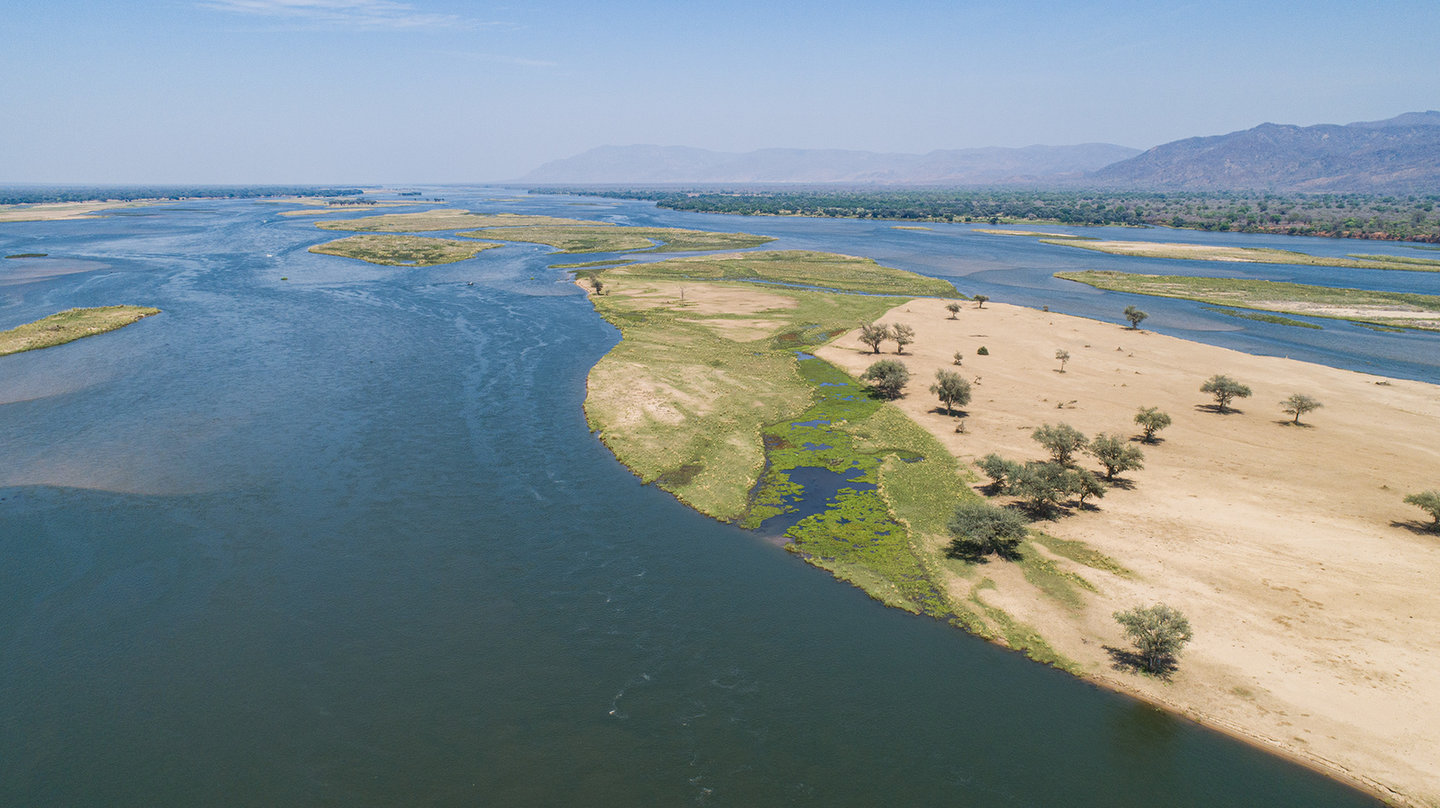CHEERS | FISHING

Digging Deep
Good old-fashioned grit and determination to push a little harder, despite physical and mental fatigue, can have benefits, Rhuan Human writes

There’s something to be said about the resilience of South Africans. We are used to navigating life’s challenges with one arm tied behind our backs, the odds stacked against us, and often do our best fighting coming off the proverbial ropes.
I look back to the recent World Cup campaign of our beloved Springboks, three victories by a single point margin, secured in the final minutes of the game to become the most successful team in rugby world cup history. Six years ago, the Springboks were written off, and occupied a space somewhere outside of the top five in the world rankings. Today they are number one and the most feared team in the game. The resilience and determination of a group of South Africans was plain to see, and digging deep was their mantra. (And, if not, it should’ve been.)
These days, I feel like anglers also have to dig deep to catch trophy fish. Catching quality fish has become a much more difficult task. It’s no secret that fish stocks are impacted by overfishing in the commercial sector, but the biggest influence on fishing in any format has been the undeniable change in climate and the inevitable impact on weather patterns.

For the past three seasons of filming fishing content for television, our crews had to work harder than ever before to finish up shows. The thing about making fishing content, is that audiences expect to see fish – and the bigger the better.
I found myself thinking and channeling the energy of the World Cup-winning Springboks on a recent expedition to the mighty Zambezi River. Now, fishing is nowhere near the physical demands of Test rugby, but six to eight hours on your feet with sweltering heat, and nowhere to hide from the beating sun will drain the life out of any man. On the fifth and final day of our trip, just as the sun was starting to move into its final resting place for the evening, I was about to pack it up, having thrown everything but the kitchen sink at the fishing problem.
We had fish on camera. Some of them better than others, but we needed a double figure trophy Tiger fish to wrap it up. It was the difference between bringing home decent marketing content, or a brand-new episode of the WildFly Fishing Series. I decided to battle it out until the last bit of light. I mean Peter Steph Du Toit made 27 tackles in the final and Deon Fourie played 70 minutes with an injury in a position he hasn’t started in for years … The least I could do was make a few more casts.

With aching shoulders and blistered hands, I summoned the last bit of energy I had left to make the final casts count. I pitched my fly into an area I have fished several times during our trip, a steep drop-off on a sand bank occupied by a pod of Hippos. An abrupt jerk on the end of my line woke me from my focused trance. At first I thought I had accidently hooked a one-and-a-half ton herbivore, but just as soon realized that whatever was on the end of my line was moving too fast to be in that weight category. The Tiger fish leapt out of the water giving myself and my camera man a glimpse. “If it’s not 10 pounds, it’s very close,” I mumbled a bit.
Eventually the beast was subdued, and the scale confirmed that it was a 10 pounder, with not a gram to spare. Our decision to push to the last minutes paid off in more ways than one. We were left with what photography types call “golden hour”, the last bit of daylight, perfect for camera lenses. We captured the moment in the best conditions we could ask for, and sent the perfect Tiger specimen on her way to live and fight another day.
With another exciting episode wrapped up our crew celebrated the moment as one does with a beautiful Zambezi sunset. Turns out digging deep pays off.
